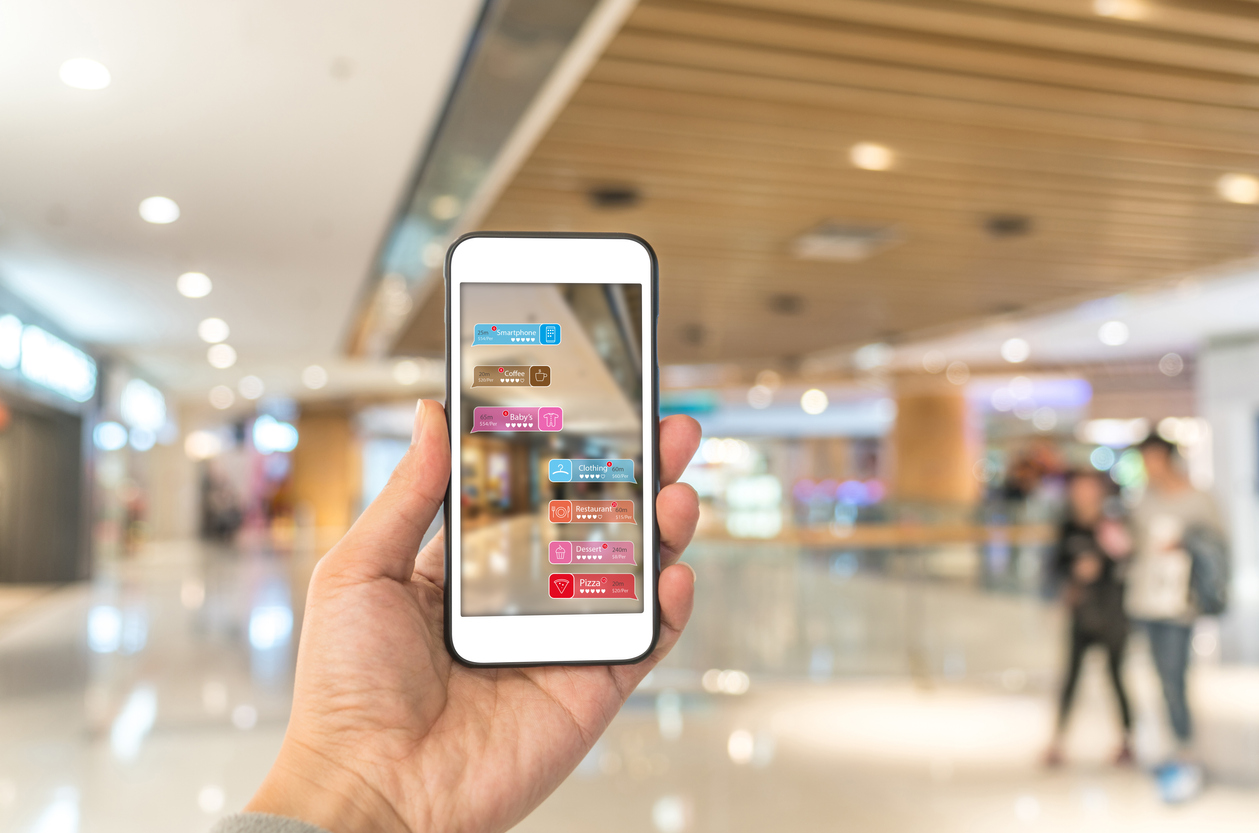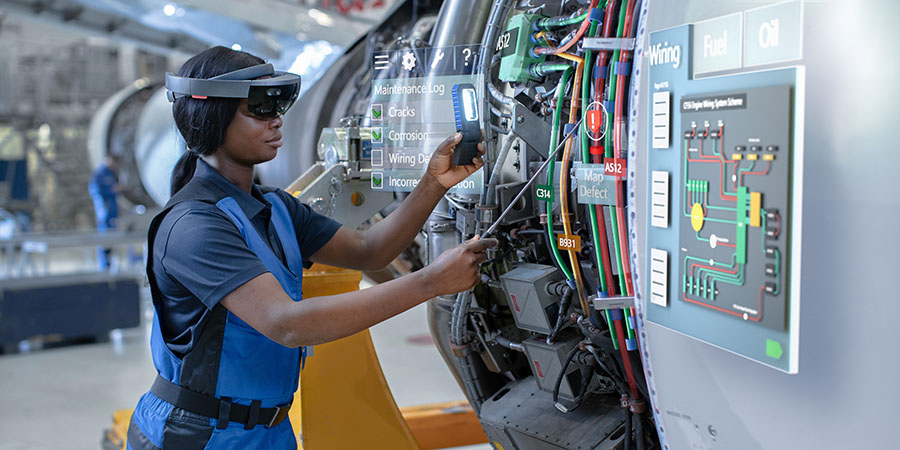
Augmented reality technology is booming across multiple industries, and the newest AR trends will transform how we live and perceive our surroundings. AR is not only limited to entertainment purposes anymore. With the advancements in technology, various industries are taking advantage of AR to improve their productivity and efficiency. Let’s look at the trends:
AR-Based NFTs:
Non-fungible tokens (NFTs) are unique digital assets and cannot be interchangeable. As a result, NFTs are becoming increasingly popular across industries. However, with the advent of augmented reality solutions, they can be used to represent real-world objects. For example, if you have a unique digital asset, you can flaunt it in the real world by using AR. It will create an entirely new ecosystem for NFTs and could potentially revolutionise how we interact with digital assets.
It is a ground breaking concept as it will become mainstream with the advent of the metaverse. AR-based NFTs will provide users with an immersive experience and allow them to interact with digital assets more tangibly. NFT owners can use augmented reality applications to view their assets entirely.
Self-Service eCommerce:
We already see a shift towards self-service eCommerce. With the help of AR, this trend will only become more prevalent. For example, you want to buy a new dress, but you don’t know what it looks like in real life. For example, you can use AR apps on your smartphone to take a picture of yourself and superimpose the dress you want to buy on yourself. This advancement will help you make a more informed decision and potentially reduce the number of returns.
The image is used for illustration purposes. We are not the owner or creator of the image.
Augmented reality apps are actively in use for product visualisation. It is especially beneficial for businesses that sell products that need to be visualised before purchase, such as furniture, jewellery, and cars. With AR, customers can better understand what the product looks like and how it will fit into their surroundings. Augmented reality in business will play a vital role in the future of self-service eCommerce. It will give companies more freedom and flexibility to scale their business.
“Phygital” Retail Experience to Scale Up:
Post-COVID, most people embrace going to a physical store, and AR will transform how we shop. With AR services, retailers can create a “phygital” (physical + digital) experience for their customers. For example, you can walk into a store and see the product you’re interested in on a digital screen. You can then pick it up and try it on to see if it’s the right fit. It will save you time and give you a better idea of what the product looks like.
AR development solutions are actively in use to create interactive displays. It allows customers to explore products in more depth and see how they would look on them. When stores offer this type of immersive experience to their customers, they gain a competitive edge.
AR-Based Manuals and Brochures:
Augmented reality services empower businesses to create more engaging and interactive manuals and brochures. For example, you can have a manual with a 3D model of the product you’re trying to assemble. It will help you learn the process better and potentially reduce the number of mistakes.
Augmented reality development services are actively used to create interactive manuals and brochures. With this technology, businesses can provide their customers with an immersive experience that is more engaging and informative. Interactive manuals will help people learn how to use a product and also allow them to explore it in more depth.
Robust In-Door Navigation:
With the help of AR services, businesses can create interactive in-door navigation systems. It will allow customers to find their way around a store more efficiently. In addition, it can provide contextual information about the product they are looking at. For example, you can see the specifications of an item on your phone while you’re looking at it in person.
AR development services are actively in use to create interactive in-door navigation systems. As a result, brands can offer their customers a more convenient shopping experience with this technology. In addition, interactive in-door navigation systems will boost store sales by upselling and cross-selling products.
In addition, companies can leverage the power of AR app development for contextual marketing and advertising. Contextual marketing will help businesses target their customers with relevant ads and messages, improving conversion rate and overall ROI.
Future of AR:

The image is used for illustration purposes. We are not the owner or creator of the image.
The future of AR is promising, and it will play a vital role in the transformation of multiple industries. With AR development services, companies can grow their business and provide their customers with an experience they never-had-before. We will see more businesses using AR to create interactive displays, manuals, and brochures in the future. We will also see more in-door navigation systems being used in retail stores. Overall, AR will help transform how we live and offer several opportunities to businesses across industries.
Wrapping Up!
These newest AR trends of 2022 will transform how we live and enjoy different experiences. Companies can scale faster with AR development services and provide better customer experiences. The future of AR is revolutionary, and enterprises should leverage their power to grow their business and stand out from the competition.


















![TamilMV Proxy List Top 30+ [Unblock TamilMV Sites] TamilMV Proxy Unblock](https://technewsgather.com/wp-content/uploads/2023/04/17825836_SL-121019-25870-14-1-100x70.jpg)